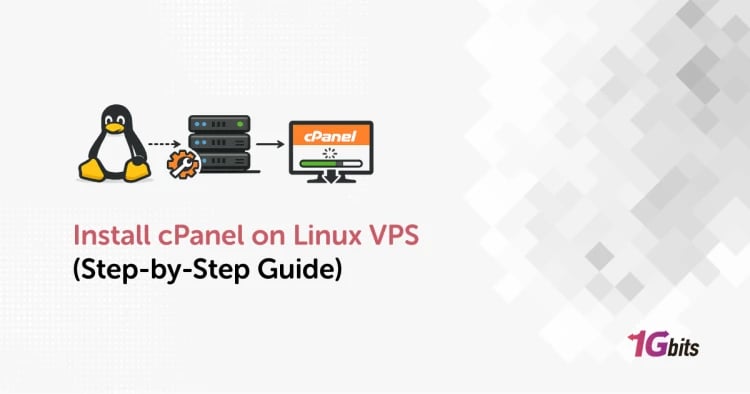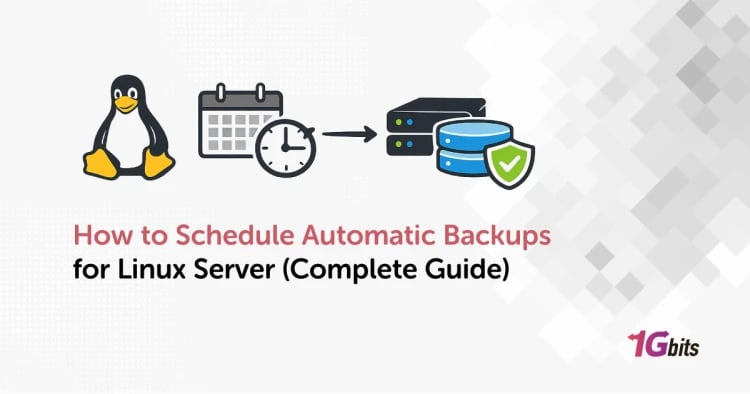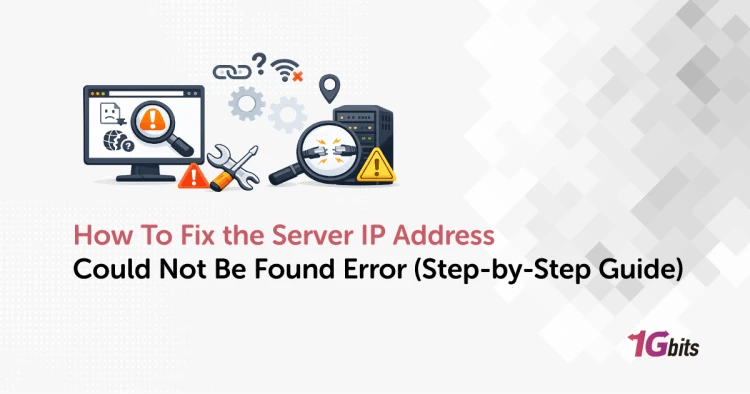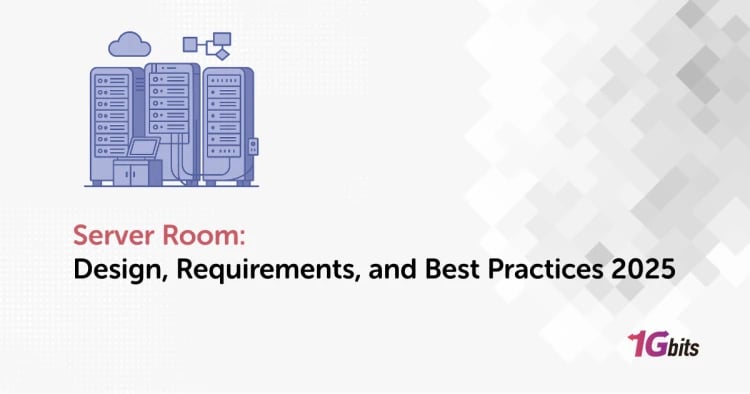Looking to step up your online presence? Understanding how to choose a dedicated server is crucial. When it comes to hosting, having a dedicated server can be a game-changer. But navigating the options to find the perfect fit can be daunting. To demystify this process, let's delve into the key factors for selecting a dedicated server, including performance, security, and scalability. This guide will help you find a hosting solution that perfectly aligns with your needs.
First, it's important to understand the fundamental difference between a dedicated server and a shared server. Unlike shared servers, where multiple websites coexist, a dedicated server offers exclusive use of all resources for your site. This distinction significantly impacts performance, security, and customization options. While a cheap dedicated server might seem appealing, it's essential to balance the dedicated server price with the necessary specifications and reliability. This balance is key to ensuring your online presence thrives.
If you’re still unsure about the right hosting type for your needs, comparing different options can provide clarity. For a detailed breakdown of how dedicated servers stack up against other popular choices, explore our in-depth article on dedicated server vs VPS hosting to make a more informed decision.
🖥️ How to Choose a Dedicated Server: Essential Factors
When considering how to choose a dedicated server, you must assess your specific requirements. Factors like traffic volume, storage needs, security features, and scalability should guide your decision-making process. Let's break down the most critical elements you need to evaluate.
🔒 Security and Data Protection
Security is a paramount concern for any dedicated server, especially when hosting sensitive data, applications, or websites. Robust security measures help safeguard your server and its contents from potential threats and vulnerabilities. Choosing a hosting provider that prioritizes security is non-negotiable. For even greater control and security, discover the benefits of having a dedicated IP address for your server.
Here are some key security features to consider:
- Firewalls: A firewall provides a barrier between your server and unauthorized access attempts. It monitors and filters incoming and outgoing network traffic, blocking potentially harmful data packets.
- DDoS Protection: Distributed Denial of Service (DDoS) attacks can cripple a server. Opt for a hosting provider that offers strong DDoS protection to mitigate these attacks and maintain server uptime.
- SSL Certificates: For sites or applications handling sensitive data, SSL (Secure Sockets Layer) certificates ensure encrypted data transmission between servers and users, preventing data interception.
- Regular Security Updates and Patching: Choose a provider that commits to timely software and security updates for the server's OS, control panels, and other software. Regular patching is critical in fixing vulnerabilities.
- Backup Solutions: A reliable backup system is essential for data recovery in case of accidental deletion, hardware failure, or security breaches. Look for servers that offer automated backup solutions.
- Server Monitoring and Intrusion Detection: Monitoring tools and intrusion detection systems help identify unusual activities or potential security breaches. These systems can alert administrators to take immediate action against threats.
By emphasizing these security features, you can significantly reduce the risk of potential threats and ensure a more secure hosting environment. For a deeper dive into security, read our guide on 10 security tips for your dedicated Windows server.
🤝 Technical Support and Service Level Agreements (SLAs)
Technical support and Service Level Agreements (SLAs) are crucial aspects to consider, as they determine the level of assistance and reliability you can expect. A reliable provider should have a responsive support team that can address any issues quickly. This is especially important for business-critical applications.
Technical Support
When evaluating technical support, consider the following:
- 24/7 Availability: Look for providers offering round-the-clock support. Emergencies can arise at any time, and having access to support at all hours ensures timely resolution.
- Response Time: Check the provider's average response times. Faster response times indicate a more efficient support system.
- Support Channels: Assess the available channels like live chat, phone support, or ticketing systems. A variety of channels allows you to choose the most convenient method.
- Expertise and Knowledge: Consider the expertise and knowledge of the support team. A skilled staff can provide effective solutions to technical challenges.
Service Level Agreements (SLAs)
An SLA is a formal agreement between the hosting provider and the client, specifying the level of service and guarantees. Key points to consider in SLAs are:
- Uptime Guarantees: Check the SLA for uptime guarantees (e.g., 99.9%). This ensures your server remains accessible to users.
- Performance Metrics: SLAs might include specifications on server performance, such as network latency and data transfer speeds.
- Support Commitments: SLAs can outline the provider's commitment to response times for support inquiries.
☁️ Network Uptime and Redundancy
Network uptime and redundancy are critical considerations that directly impact the accessibility and reliability of your hosted services. A highly available server ensures your website is always online for visitors.
Network Uptime
Network uptime is the period a server or network is operational, usually expressed as a percentage. Higher percentages signify more reliable service. When assessing network uptime, look for:
- Uptime Guarantees: Evaluate the uptime guarantees in the SLA to ensure they align with your business needs.
- Data Center Infrastructure: A robust data center with redundant power sources, network connections, and cooling systems contributes to higher uptime.
Network Redundancy
Network redundancy involves having multiple backup components to ensure continuous connectivity. This can include:
- Multiple Internet Service Providers (ISPs): Providers with connections to multiple ISPs offer redundancy. If one ISP experiences issues, the server remains accessible through alternate routes.
- Redundant Hardware: Redundancy in hardware components like switches and routers ensures that if one fails, another takes over seamlessly.
- Load Balancing: Load balancing distributes network traffic across multiple servers, preventing any single server from becoming overloaded and enhancing overall reliability.
By prioritizing network uptime guarantees and assessing redundancy measures, you can select a server that ensures maximum availability and reliable service. For example, a provider with multiple data centers in different geographical locations, like our Europe hosting options, can enhance redundancy and network resilience.
🚀 What Factors Do You Bear in Mind While Setting Up Server Farms?
Setting up server farms involves meticulous planning to ensure a robust infrastructure. These same considerations are vital when choosing a dedicated server, especially if you're looking for one of the top 10 dedicated server hosting options. The goal is to build a foundation that is both scalable and reliable.
| Factor | Description |
|---|---|
| Scalability & Capacity Planning | The server must be designed to grow with your needs. Look for providers that offer easy upgrades in CPU, memory, and storage. |
| Redundancy & High Availability | Redundancy prevents downtime. Choose servers with RAID setups and high uptime guarantees in their SLAs. |
| Network Infrastructure | A robust network is key. Look for providers with redundant network connections and load balancing features. |
| Security Measures | Prioritize providers with comprehensive security features like firewalls, DDoS protection, and SSL certificates. |
| Hardware & Software Compatibility | Ensure the server's hardware and OS (Linux vs Windows dedicated server) align with your specific application requirements. |
| Monitoring & Management Tools | Effective tools are essential. Look for robust control panels that enable monitoring server performance and resource usage. |
By aligning the factors for setting up a server farm with your criteria for choosing a dedicated server, you can ensure your choice provides the flexibility and reliability needed for a scalable infrastructure. To get started, you can explore options like our managed dedicated server solutions, where a team of experts handles the technical aspects, or an unmanaged dedicated server if you prefer full control.

🎮 How to Choose a Host Computer for Minecraft
When choosing a host computer for a Minecraft server farm, you'll want to ensure optimal performance, reliability, and scalability. Here's a breakdown of the key factors for setting up a dedicated Minecraft server.
1. Performance Requirements
Minecraft servers rely heavily on CPU power and RAM. Choose a dedicated server with a robust CPU that offers high clock speeds. Ample RAM is also crucial for handling player activities and world data, especially for hosting multiple servers concurrently.
2. Storage and Data Redundancy
Opt for SSD storage on your dedicated server, as it provides faster data read/write speeds compared to HDDs, enhancing server performance and load times. Additionally, consider backup solutions or RAID configurations to prevent data loss.
3. Network Infrastructure and Uptime
Minecraft servers need stable, high-bandwidth internet connections. Select a dedicated server with high uptime guarantees and a robust network to ensure uninterrupted gameplay for users. For instance, our game dedicated server plans are specifically optimized for this purpose.
4. Security Measures
Minecraft servers can be targets for DDoS attacks. Select a dedicated server provider that offers strong DDoS protection to mitigate potential threats. Our Windows dedicated server and Linux dedicated server options both come with robust security features.
5. Scalability and Management
As your Minecraft server farm expands, the ability to easily upgrade resources is crucial. Choose a host that allows for flexible upgrades and provides user-friendly control panels to simplify server management, configuration, and monitoring. For a quick setup, consider an instant dedicated server.
To learn how to get started with this type of hosting, our dedicated server tutorials can guide you through the setup process step-by-step.
📈 Exploring the Future Trends in Dedicated Server Hosting
The future of dedicated server hosting is an exciting landscape, shaped by several emerging trends poised to redefine how businesses and individuals use these powerful hosting solutions.

- Edge Computing Integration: Dedicated servers are evolving to accommodate edge computing, bringing processing power closer to end-users to reduce latency and enhance performance.
- AI and Machine Learning Integration: Hosting providers are offering specialized server configurations optimized for AI workloads, such as our GPU dedicated server, which facilitates faster data processing and analysis.
- Enhanced Security Measures: With increasing cybersecurity threats, dedicated servers will emphasize advanced security features, including AI-driven threat detection and comprehensive data protection.
- Hybrid Cloud Solutions: The future will likely see a rise in hybrid cloud solutions, combining the reliability of dedicated servers with the flexibility of cloud environments. Compare the two in our article on Atlanta dedicated servers vs cloud hosting.
- Sustainability and Green Hosting: Providers are focusing more on energy-efficient infrastructure and sustainable practices.
- Customization and Scalability: Future dedicated servers will offer even more customizable options and seamless scalability.
- Containerization and Microservices: Dedicated server hosting might embrace containerization and microservices for more efficient resource allocation.
- 5G Integration: With the expansion of 5G, dedicated server hosting will adapt to capitalize on higher speeds and lower latency.
The trends converge on delivering faster, more secure, and highly adaptable hosting solutions. As technology advances, dedicated servers will continue to evolve, catering to the increasingly diverse digital landscape. If you're looking for solutions optimized for a specific region, check out our comparison of Sydney dedicated servers with global options or learn how Tampa dedicated servers improve website loading speed.
📝 Conclusion: Making the Right Choice
Choosing a dedicated server involves a careful balance between various factors to ensure it meets your specific needs. By following a structured approach and considering essential aspects like performance, reliability, security, and scalability, you can select a server that aligns perfectly with your requirements. Before making a final decision, take a moment to understand our flexible dedicated server pricing plans. For those interested in alternative payment methods, you can also explore our dedicated server with crypto options, including our buy dedicated server page, to purchase a server with Bitcoin.
When you're ready to buy, remember to check our dedicated server outlet for great deals and our managed vs unmanaged dedicated server guide to determine which level of support is right for you. Your new server will form a solid foundation for your online ventures, meeting your current needs while allowing for future growth and adaptability.
People Are Also Reading:
![How to Choose a Dedicated Server? 🚀 [5 Pro Tips] How to Choose a Dedicated Server? 🚀 [5 Pro Tips]](
https://1gbits.com/cdn-cgi/image/width=827,quality=80,format=auto/https://s3.1gbits.com/blog/2023/12/How-to-Choose-a-Dedicated-Server377-847xAuto.jpg
)





![What Is Cold Data Storage? ❄️ [2026 Guide] What Is Cold Data Storage? ❄️ [2026 Guide]](https://1gbits.com/cdn-cgi/image//https://s3.1gbits.com/blog/2026/02/what-is-cold-data-storage-750xAuto.webp)


